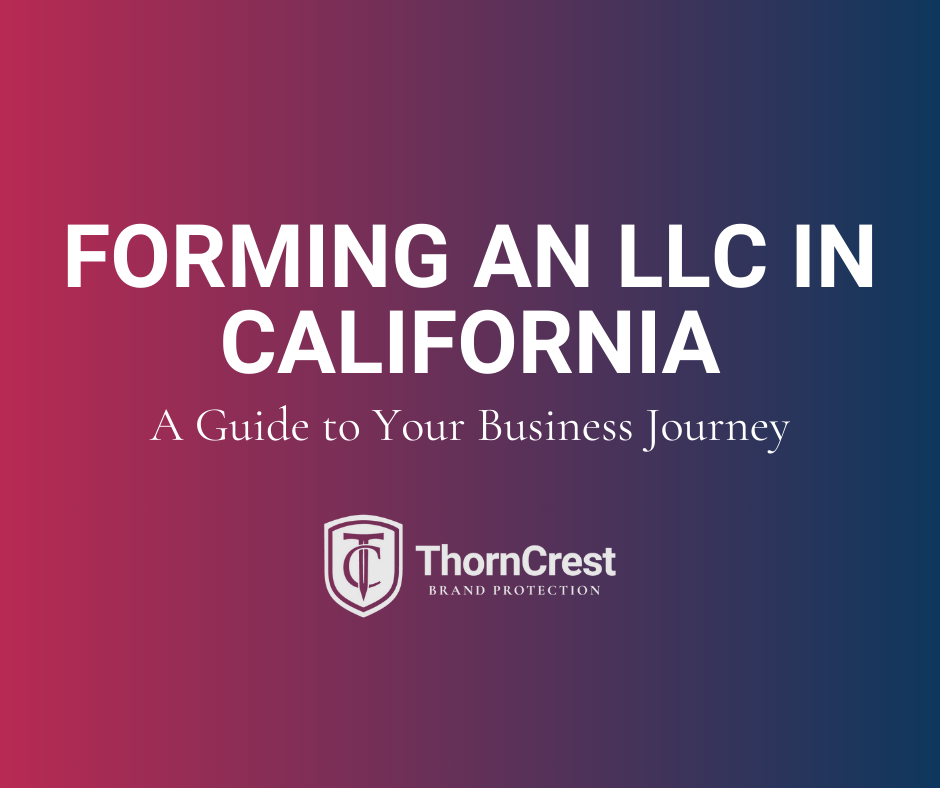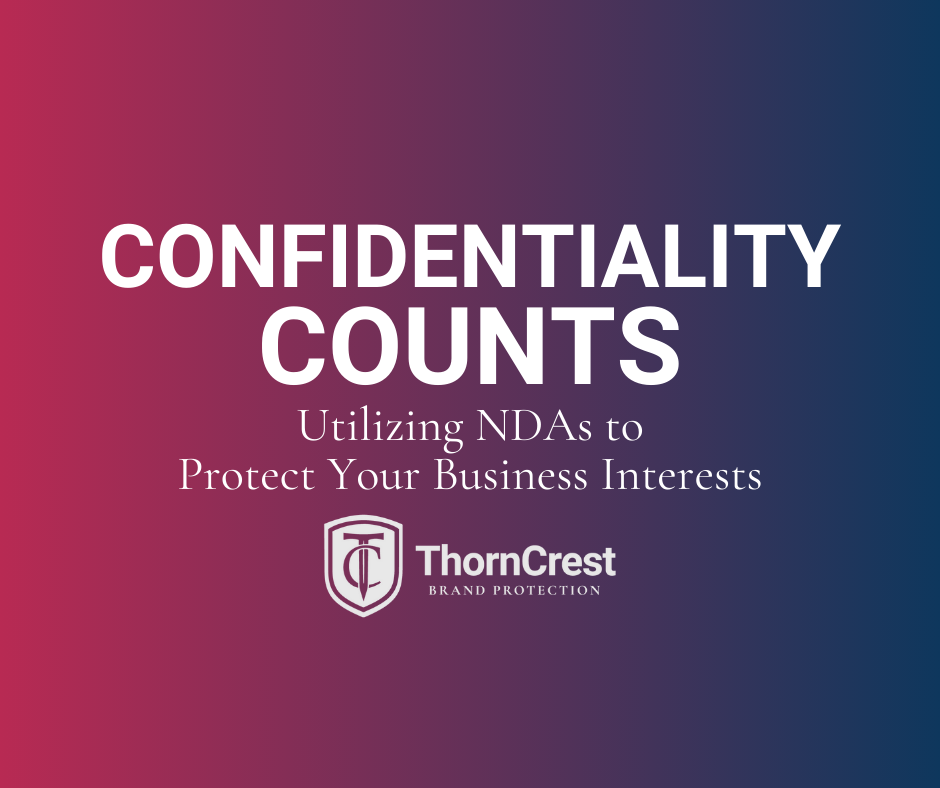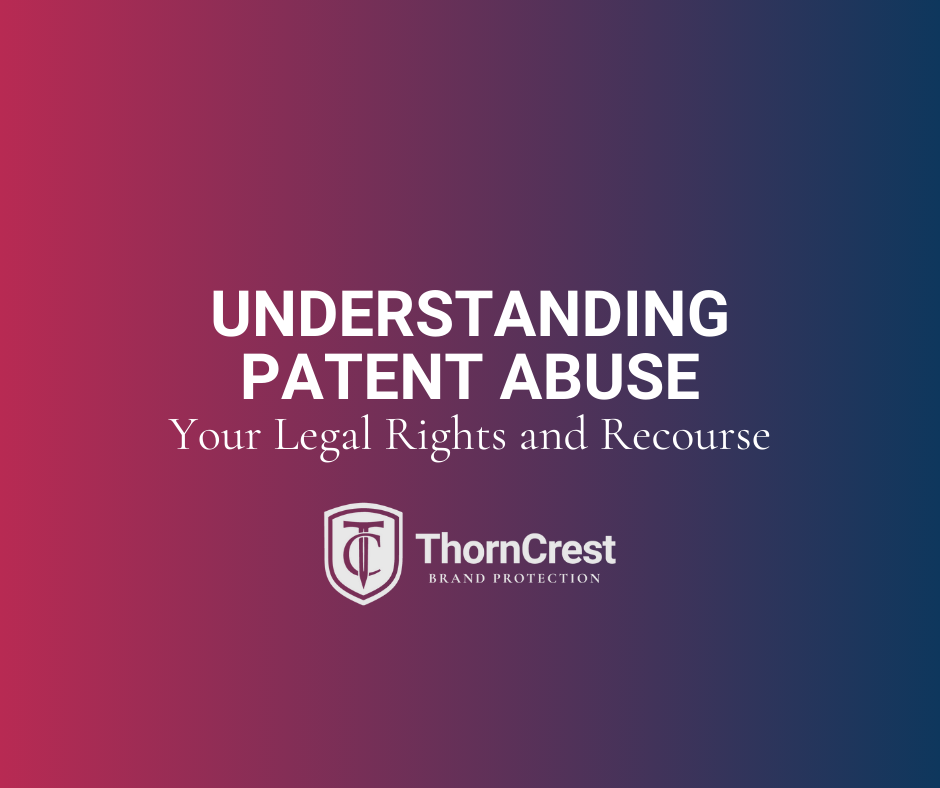Blog

Congratulations! You've found your dream home in sunny San Diego. But before you pop the champagne, have you considered the potential for hidden issues with the property? California's "failure to disclose" laws exist to protect buyers from such surprises. Today, we’re talking about failure to disclose, what it is, what the repercussions are for buyers and sellers, and how to protect yourself from these legal headaches. What is Failure to Disclose in California Real Estate? California law mandates that sellers disclose all "material facts" that could influence a buyer's decision. This includes any known problems with the property, like: Structural defects: Is there a history of foundation issues, roof leaks, or faulty electrical wiring? Health hazards: Has the property been flagged for asbestos, lead paint, or other health concerns? Code violations: Are there any outstanding building code violations that need to be addressed? Neighborhood issues: Is there a history of flooding, noise pollution, or HOA disputes that could impact the property's value and enjoyment? If a seller knowingly withholds such information, it's considered a "failure to disclose." This can have significant consequences for both parties. The Repercussions of Failure to Disclose Buyers who discover undisclosed issues after the purchase have legal recourse. In some cases, the buyer may be able to rescind the contract, which cancels the sale and allows them to recover their investment. They may also be able to sue for damages. The buyer can sue the seller for any financial losses incurred due to the undisclosed problems, including repairs, diminished property value, and legal fees. Sellers who fail to disclose can also face legal consequences, including liability for damages. The seller may be ordered by the court to reimburse the buyer for any incurred losses. In extreme cases, the seller could also face fines or other penalties for violating disclosure laws. Protecting Yourself from Failure to Disclose While the law places the burden of disclosure on the seller, informed buyers can take proactive steps: Request a complete disclosure package: This document should clearly outline any known issues with the property. Hire a qualified inspector: An inspector can uncover hidden problems that the seller might not have disclosed. Seek legal counsel: An experienced real estate attorney can review the disclosure package, explain potential risks, and guide you through the transaction. ThornCrest Law: Your San Diego Partner in Real Estate Transparency At ThornCrest Law, we understand the importance of transparency in California real estate. Our team of San Diego attorneys can help you navigate the complexities of disclosure laws and protect your interests, whether you're a buyer or a seller. Are you a Buyer concerned about undisclosed issues? We can review the disclosure package, advise on potential risks associated with failure to disclose, and help you understand your options. Are you a Seller unsure about your disclosure obligations? We can guide you through the disclosure process and ensure you're in compliance with California law. Don't let a hidden problem become a legal nightmare. Contact ThornCrest Law today for a consultation and ensure a smooth, transparent real estate transaction in San Diego. Disclaimer: This blog post is intended for informational purposes only and does not constitute legal advice. Please consult with an attorney to discuss your specific legal needs.

The journey of entrepreneurship is both thrilling and daunting. As you venture into the world of business ownership, it's essential to understand what you’re getting yourself into, especially when it comes to the legal side. Today, we’re outlining crucial do's and don'ts from a business law perspective to help you start your business on the right foot! The Do’s: Choose the Right Business Structure: Selecting the appropriate business entity, whether it's a sole proprietorship, partnership, corporation, or limited liability company (LLC), is vital. Each structure has its own legal and tax implications, so seek legal advice to determine which best suits your business goals and protects your personal assets. Draft Comprehensive Contracts: Contracts are the backbone of any business relationship. Ensure that your contracts are thorough, clear, and legally binding. From client agreements to vendor contracts, having well-drafted documents can prevent disputes and protect your interests in case of disagreements. Protect Intellectual Property: Safeguard your intellectual property (IP) assets, including trademarks, copyrights, and patents. Registering your trademarks and copyrights can provide exclusive rights to your brand and creations, preventing others from using them without permission. Additionally, consider nondisclosure agreements (NDAs) to protect sensitive information. Comply with Regulatory Requirements: Familiarize yourself with local, state, and federal regulations applicable to your industry. From licensing and permits to employment laws and tax obligations, compliance is non-negotiable. Failure to adhere to regulatory requirements can result in fines, penalties, or even legal action. Maintain Corporate Formalities: If you opt for a corporate structure, such as an LLC or corporation, adhere to corporate formalities. Hold regular meetings, keep accurate financial records, and observe proper governance practices. Failure to maintain these formalities could lead to personal liability or piercing the corporate veil in legal disputes. The Don'ts: Ignore Legal Obligations: Turning a blind eye to legal requirements can spell disaster for your business. From zoning laws to employment regulations, ignorance is not an excuse. Invest time and resources into understanding your legal obligations and ensure full compliance from the outset. Neglect Risk Management: Every business faces risks, but failing to mitigate them can have dire consequences. Whether it's through insurance coverage, liability waivers, or risk assessments, prioritize risk management strategies to protect your business from potential liabilities and litigation. Rely Solely on Verbal Agreements: Verbal agreements are notoriously difficult to enforce and can lead to misunderstandings or disputes down the line. Always document agreements in writing to establish clear terms and protect your interests in case of disagreement or breach. Overlook Employee Contracts and Policies: Your employees are integral to your business's success, and clear communication is key. Have employment contracts in place outlining terms of employment, including roles, responsibilities, compensation, and confidentiality agreements. Implement comprehensive employee policies to maintain a productive and compliant workforce. Engage in Unethical Practices: Uphold ethical standards in all business dealings. Engaging in unethical behavior, such as fraud, misrepresentation, or unfair competition, not only tarnishes your reputation but can also result in legal repercussions, including lawsuits and regulatory sanctions. Final Thoughts Starting your own business requires careful attention to legal considerations from the start. By following these do's and don'ts, you can lay a solid legal foundation for your venture, mitigate risks, and position your business for long-term success. Remember, seeking guidance from experienced business law professionals like ThornCrest Law can provide invaluable support and guidance as you begin your entrepreneurial journey! Disclaimer: This blog post is intended for informational purposes only and does not constitute legal advice. Please consult with an attorney to discuss your specific legal needs.
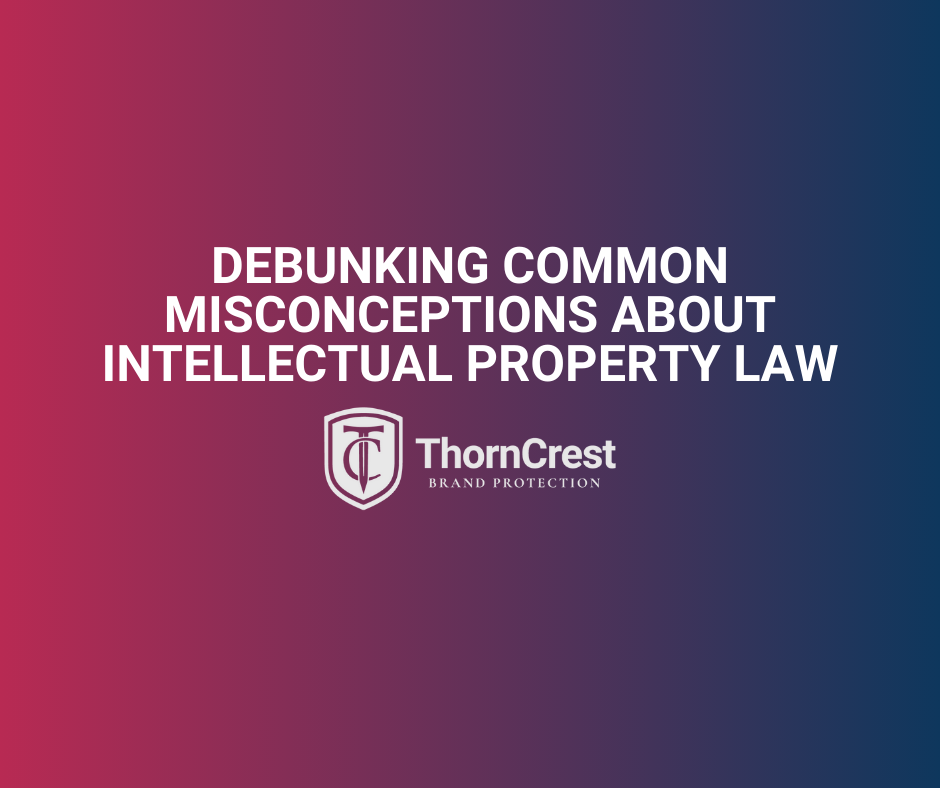
Intellectual Property (IP) law plays a crucial role in protecting the creations of the human mind, yet it remains widely misunderstood by many. From misconceptions about what constitutes intellectual property to myths about the duration and scope of protection, there are several common misunderstandings that deserve clarification. Let’s debunk some of the most prevalent myths surrounding IP law. Myth 1: "Ideas Can Be Protected Under Intellectual Property Law" One of the most persistent misconceptions about IP law is that it protects ideas themselves. In reality, IP law only protects the expression of ideas, not the ideas themselves. This means that while you cannot copyright or patent a mere idea, you can protect the specific form in which that idea is expressed, such as a book, a piece of software, or an invention. Myth 2: "Intellectual Property Rights Last Forever" Another common myth is that once you obtain a patent, copyright, or trademark, your rights to that intellectual property last indefinitely. In truth, the duration of IP rights varies depending on the type of protection granted. For example, patents typically have a finite term, while copyrights may last for the life of the author plus an additional number of years. Understanding the expiration dates of IP rights is crucial for businesses and individuals seeking to leverage their intellectual assets effectively. Myth 3: "Copying Small Portions of Someone Else's Work Is Fair Use" Many people mistakenly believe that using small portions of someone else's work, such as quoting a few lines from a book or sampling a few seconds of a song, constitutes fair use and is therefore exempt from copyright infringement. However, fair use is a complex legal doctrine that considers various factors, including the purpose and character of the use, the nature of the copyrighted work, the amount and substantiality of the portion used, and the effect on the market for the original work. It is essential to consult with a qualified legal professional to determine whether a particular use qualifies as fair use. Myth 4: "Registering Intellectual Property Rights Is Expensive and Complicated" While it's true that the process of registering intellectual property rights can be complex, it is not necessarily prohibitively expensive. In fact, there are several resources available to help individuals and businesses navigate the registration process, including online filing systems and legal clinics. Moreover, the benefits of registering IP rights, such as enhanced protection and the ability to enforce those rights more effectively, often outweigh the costs and effort involved. Myth 5: "Intellectual Property Law Stifles Innovation and Creativity" Some critics argue that IP law stifles innovation and creativity by granting monopolies to rights holders and limiting access to knowledge and information. However, proponents of IP law argue that it serves as a necessary incentive for creators and innovators to invest time, resources, and effort into developing new ideas and inventions. Furthermore, IP law includes provisions such as fair use and compulsory licensing, which balance the interests of rights holders with the public interest in access to information and cultural expression. In conclusion, debunking common misconceptions about intellectual property law is essential for fostering a better understanding of its purpose, scope, and impact. By dispelling myths about the protection of ideas, the duration of IP rights, fair use, registration procedures, and the relationship between IP law and innovation, we can promote more informed decision-making and support the effective management and utilization of intellectual assets. ThornCrest Law specializes in intellectual property law and is at the ready to represent you and your business! Contact us today for a consultation. Disclaimer: This blog post is intended for informational purposes only and does not constitute legal advice. Please consult with an attorney to discuss your specific legal needs.
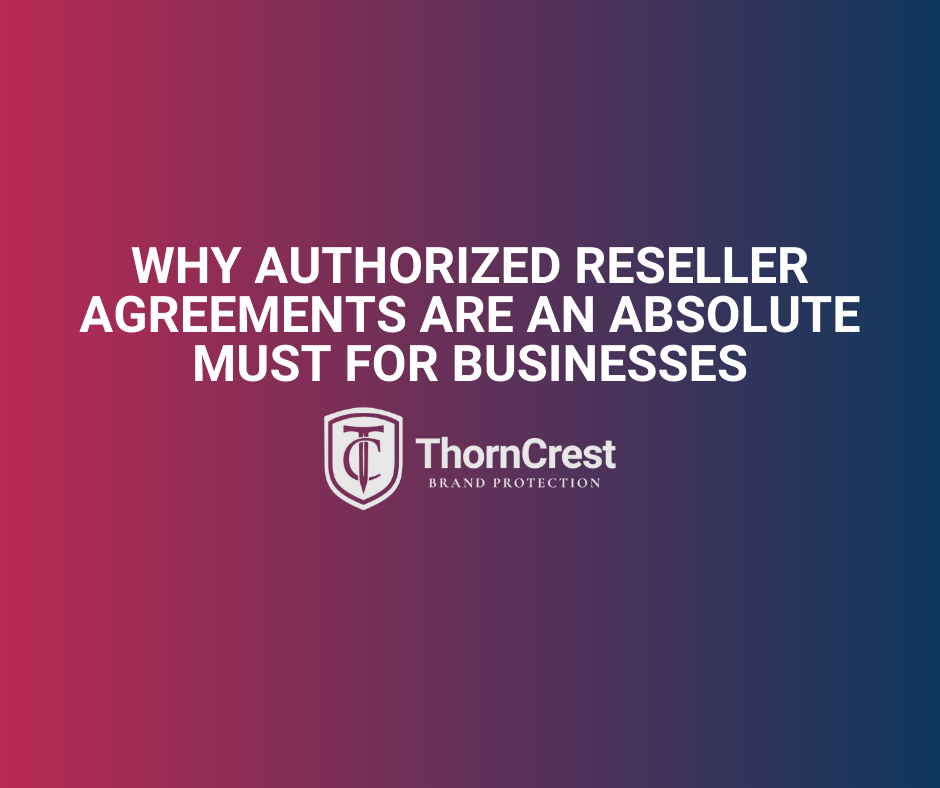
In today's fiercely competitive market, where brand reputation can make or break a business, safeguarding intellectual property is critical. For businesses looking to protect their brand from unauthorized reselling, counterfeiting, and other potential threats, entering into authorized reseller agreements is not just advisable; it's imperative. Upholding Brand Integrity Authorized reseller agreements act as a shield, safeguarding the integrity of a brand. When a business establishes a network of authorized resellers, it gains control over how its products are represented, marketed, and sold. This ensures that the brand message remains consistent and aligned with the company's values and quality standards. By carefully selecting and vetting resellers, business owners can rest assured that their products are only associated with reputable partners who uphold the same level of commitment to customer satisfaction and product quality. This, in turn, helps maintain a positive brand image and cultivates customer trust. Control Over Distribution Channels One of the key benefits of authorized reseller agreements is the control they provide over distribution channels. Businesses can delineate the territories where each reseller is authorized to operate, preventing unauthorized sales in specific regions. This not only helps in maintaining price consistency but also allows for more effective market segmentation and targeted marketing efforts. Having control over distribution channels is crucial for businesses that want to avoid market saturation, prevent price erosion, and ensure that their products are available to the right target audience. Authorized reseller agreements provide the legal framework necessary for businesses to exert control over how, where, and by whom their products are sold. Protection Against Counterfeiting Counterfeiting poses a significant threat to businesses, causing not only financial losses but also irreparable damage to brand reputation. Authorized reseller agreements are a potent weapon in the fight against counterfeiting. By clearly defining the terms and conditions of reselling, businesses can empower their resellers to identify and report any suspicious activities, ensuring swift action against counterfeit products. In addition, these agreements enable businesses to implement stringent quality control measures, making it harder for counterfeiters to replicate products with the same level of precision and quality. This not only protects the business but also safeguards consumers from potentially harmful counterfeit goods. Legal Recourse and Enforcement When a business has authorized reseller agreements in place, it establishes a legal foundation that facilitates easier enforcement of intellectual property rights. In the event of unauthorized reselling or breaches of the agreement, businesses have a clear legal recourse to protect their interests. Authorized reseller agreements typically include provisions for dispute resolution and remedies for breaches. This legal framework strengthens the business's ability to take legal action against unauthorized resellers, sending a clear message that the company is committed to protecting its brand and intellectual property. Final Thoughts Authorized reseller agreements are a must-have tool for businesses seeking to protect their brand and intellectual property. They provide a structured framework for building a reliable network of resellers, ensuring brand integrity, controlling distribution channels, combating counterfeiting, and establishing a solid legal foundation for enforcement. As businesses work though the complexities of the modern marketplace, investing in authorized reseller agreements is not just a prudent choice; it's an imperative for long-term success and sustainability. Meet with our authorized reseller agreement attorney in San Diego, CA, to learn more about how we can help you create and manage these agreements over time. Expect outstanding legal guidance and support from a team that is dedicated to providing for all of your needs. Contact ThornCrest Law today to get started! Disclaimer : None of these materials are offered, nor should be construed, as legal advice. Communication of information by or through this document and your viewing of such information is not intended to create an attorney-client relationship with ThornCrest Law or any of its attorneys. The creation of the attorney-client relationship would require direct, personal contact between you and ThornCrest Law through one or more attorneys and would also require an explicit agreement by the firm that confirms that an attorney-client relationship is established and the terms of that relationship. You should not act or rely upon information contained in these materials without specifically seeking professional legal advice.




